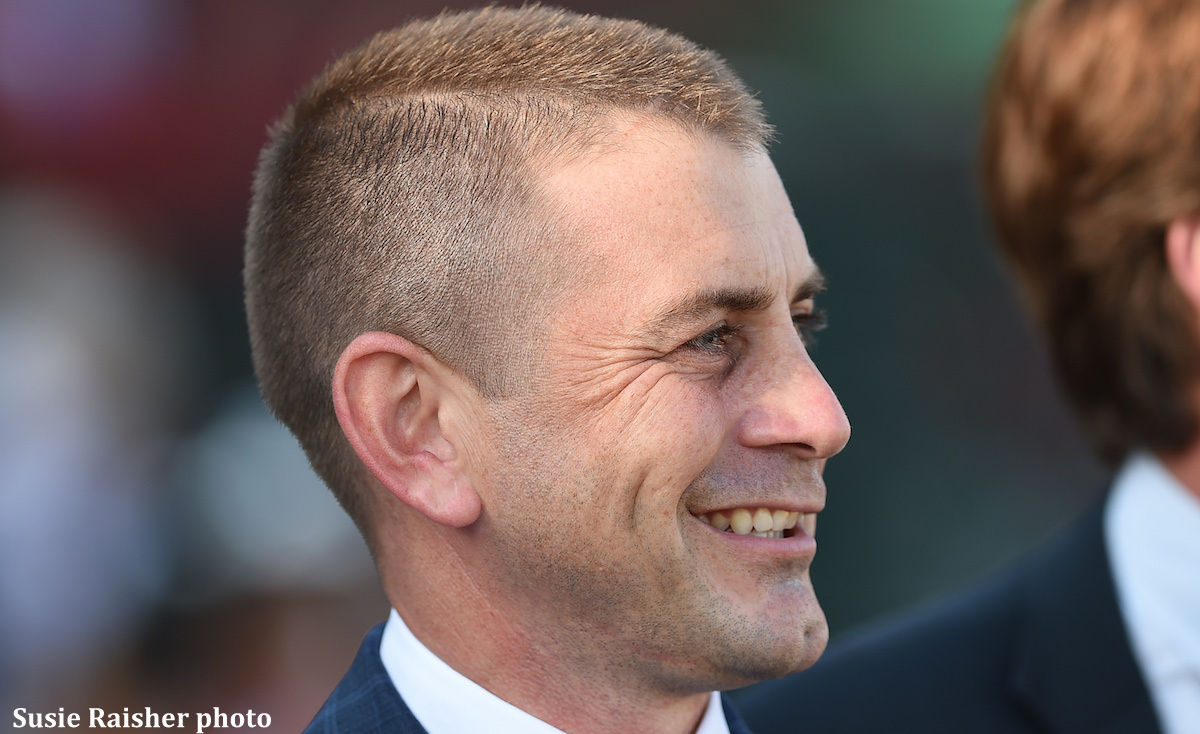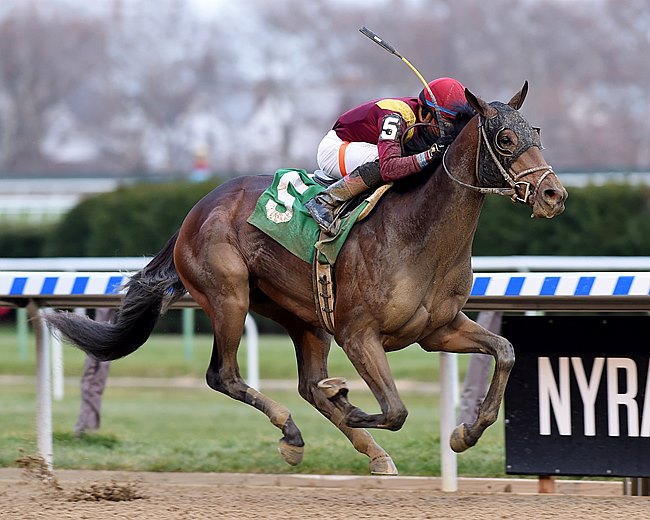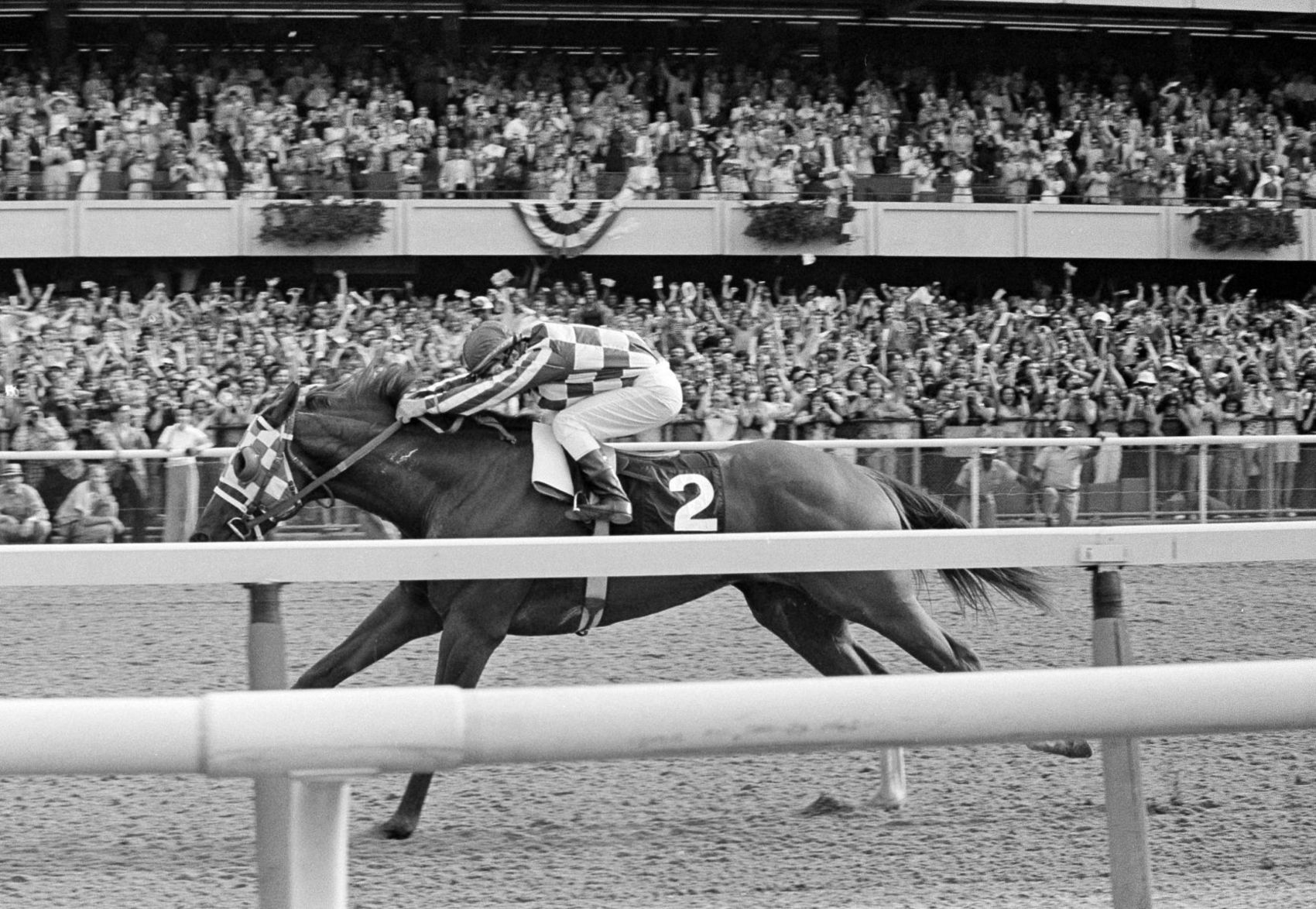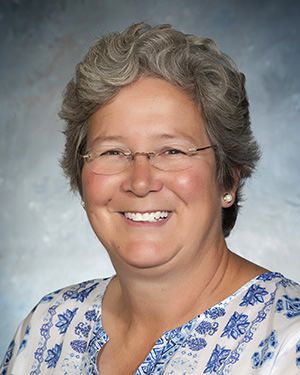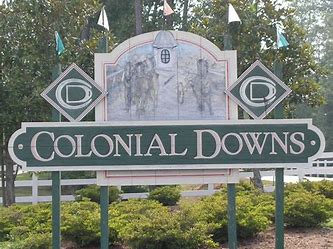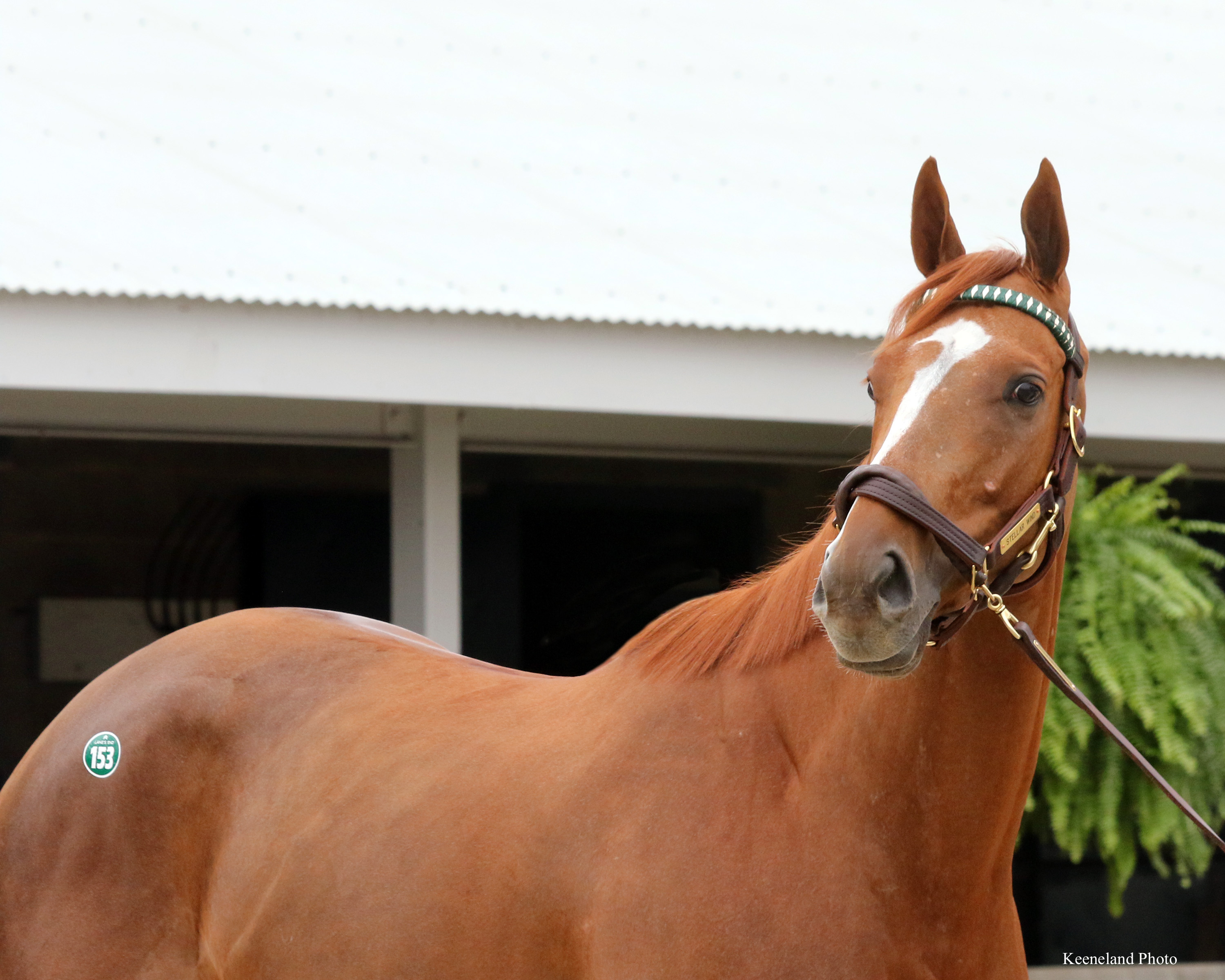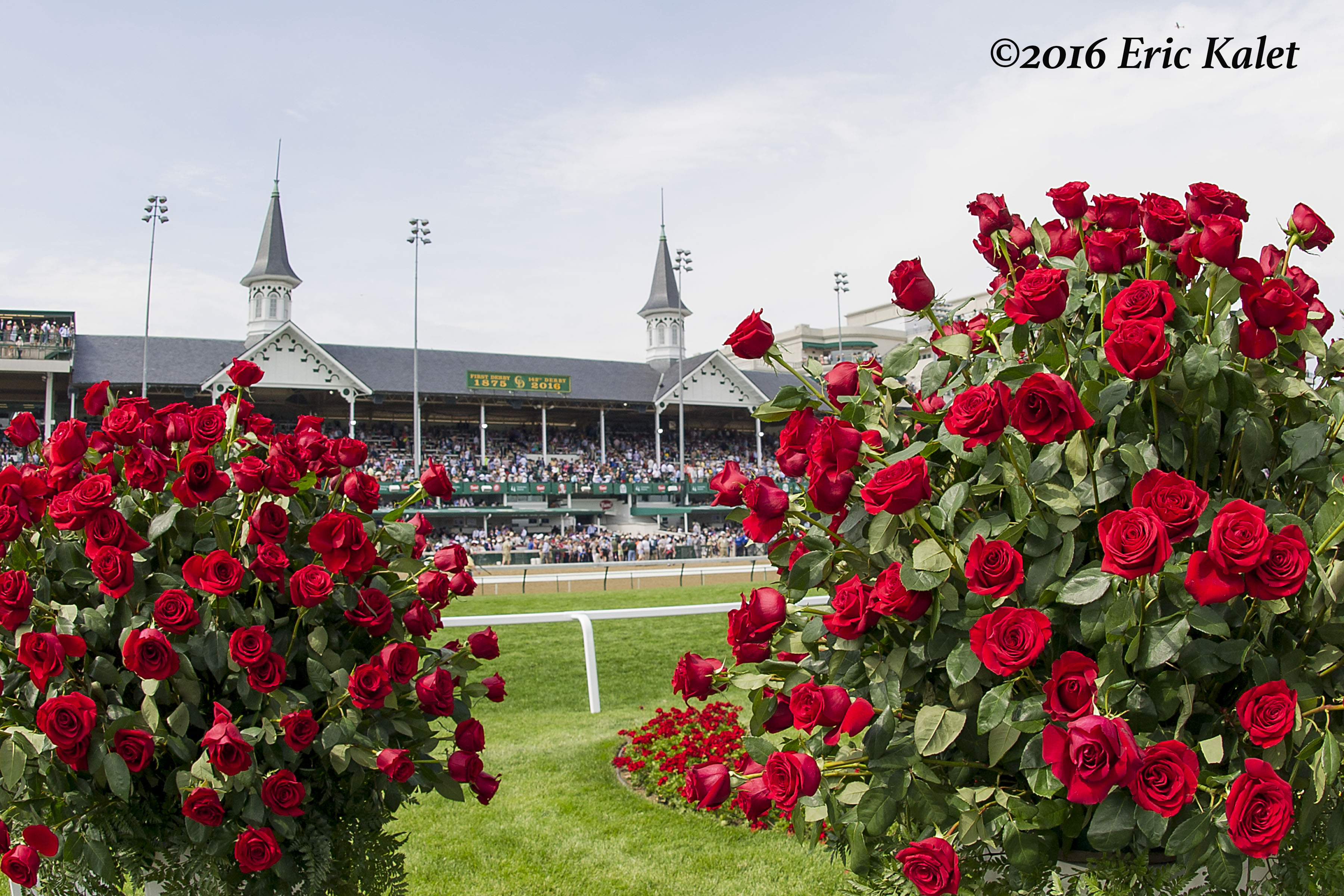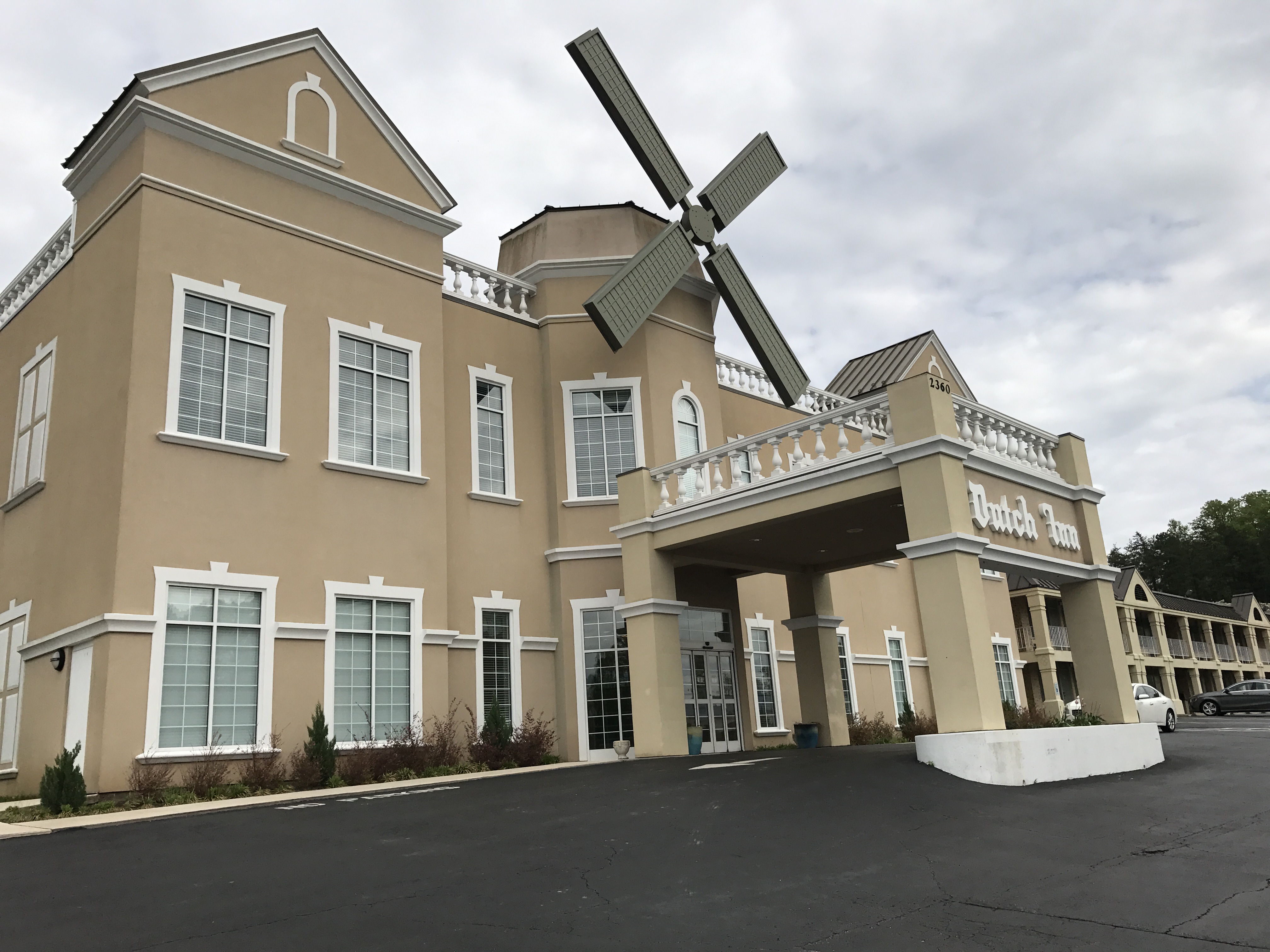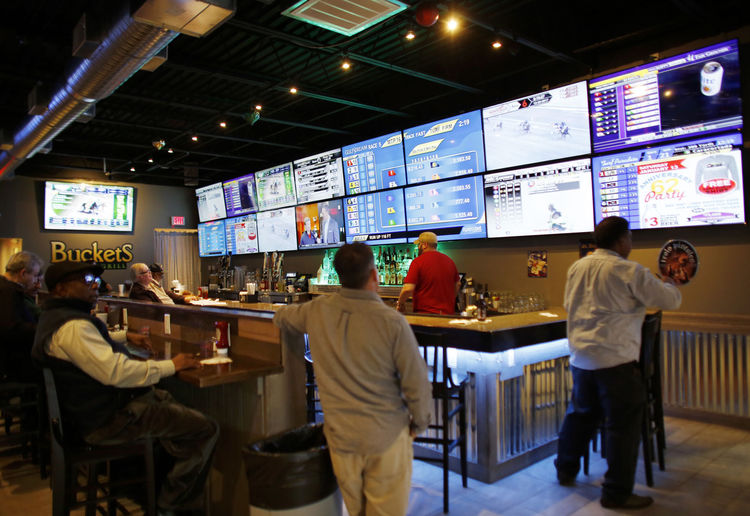Jonathan Thomas will step onto Thoroughbred racing’s center stage Saturday when he saddles Catholic Boy for a start in the $1-million Xpressbet.com Florida Derby (G1). Although the 37-year-old trainer may be regarded by many as a newcomer to the big time, it should be noted that he grew up among the Sport of Kings’ elite.
The son of parents who were career horsemen, Thomas called the Rokeby Farm in Upperville, Va. – owned by the late philanthropist and Thoroughbred owner and breeder Paul Mellon – home throughout his childhood.
“I was very blessed to have a great childhood in regards to horse exposure, horsemen and farms. I guess I didn’t realize the [importance] of where I grew up until I left,” Thomas said. “I knew Mr. Mellon from driving around the farm and picking me up from the bus stop once in a while. He was a super guy.”
Thomas was 13 when homebred Sea Hero captured the 1993 Kentucky Derby (G1) for Mellon, whose homebred Mill Reef won the Derby at Epsom Downs and the Prix de l’Arc de Triomphe at Longchamp in 1971.
“I remember it being a very big deal for everyone who lived there. It was a huge deal. Obviously, it was a lifetime of work getting an American derby winner,” he said. ”I think that completed his trifecta: the English Derby, the Arc de Triomphe and the Kentucky Derby with horses bred and campaigned by him.”
Thomas developed a special connection with horses from a very young age.
“There wasn’t a day that we weren’t helping our parents or engaged in some horse activity,” he said. “Around there, there was a lot of fox hunting and riding, so we grew up riding a lot. My brothers and I got on our ponies, rode all day and came home at night.”
After riding in “backyard races” at 15, Thomas became a professional steeplechase jockey.
“I rode professionally for three years. I was very lucky to win a couple of big races. I was working for Jack Fisher, the leading trainer,” Thomas said. “I had an accident that put me out of commission and forced my retirement. I had to retire at a pretty young age.”
Thomas incurred temporary paralysis due to the injuries sustained in the accident.
“I broke my back. I was paralyzed. I guess it was about a year before I was kind of able to be normal…-ish – like having mobility and being able to walk,” Thomas said. “It came back eventually with a lot of therapy and a lot of luck.”
Once mobile enough to return to work, Thomas served as an assistant trainer for Fisher at Saratoga before accepting an offer to become an assistant trainer for Christophe Clement.
“I was always enthralled with flat racing and that gave me the opportunity to become involved in that world,” he said.
Thomas worked for Clement for more than four years before spending a year training in Saudi Arabia, only to return to the U.S. to enthusiastically accept an offer to assist trainer Todd Pletcher.
“It was a dream job before, while I was doing it, and after. It was singularly the best move that I’ve ever made in the horse business, going to work for Todd,” he said. “I was very fortunate to be offered that opportunity.”
Thomas spent more than six years working for the multiple Eclipse Award-winning trainer who has clinched his 15th consecutive Championship Meet training title at Gulfstream.
“I have respect for everybody in this game, but he is the most well-rounded horseman-slash-trainer-slash person that I’ve ever had the luxury to meet,” Thomas said. “He just excels in every arena. He’s a great family person; he’s a great person to work for; he has tremendous work ethic. Not only is he highly intelligent, but he works so hard.”
Thomas subsequently learned a lot from Pletcher’s father upon moving on.
“I went to work for J.J. Pletcher in Ocala, becoming more involved in the sales and breaking aspects,” he said. “A year later, I had the opportunity to train a few horses.”
Aron Wellman of Eclipse Thoroughbred Partners and John Panagot, Robert La Penta’s racing manager, were Thomas’ earliest supporters, along with trainer Chad Brown.
“Chad Brown was instrumental in getting us started by sending us some horses. I don’t know if we would have gotten off the ground as quick without Chad,” Thomas said. “He was huge in kind of backing me.”
Thomas has steadily built up his business of buying, breaking and training Thoroughbreds at Bridlewood Farm in Ocala, where he has 40 horses in training and is overseeing 200 other young horses and layups, many will go to other trainer, while others will remain with him.
“I love the whole business. I think that it’s a cyclical business and each thing communicates with the next,” he said. “When you’re buying a young horse, you’re buying a young horse to ultimately break; you’re breaking a horse to ultimately train; and you’re training a horse to ultimately race in big venue and hopefully get enough residual value to retire as a stallion prospect or broodmare that’s worth a lot of money.”
Catholic Boy has been, by far, Thomas’ biggest success story thus far, becoming a graded-stakes winner on turf and dirt after being identified as a superior athlete, being privately purchased as a short yearling, broken and trained at Bridlewood.
Robert LaPenta, Madaket Stables and Siena Farm’s Catholic Boy is rated third at 7-2 in the morning line for Saturday’s Florida Derby, which has produced the winners of 59 Triple Crown races.
“It’s a prep, but it’s very important in its own right for a horse, both as a racehorse and a stallion, and for a young trainer it’s a monster opportunity,” Thomas said.
Win or lose Saturday, Thomas will continue to follow his passion for working with horses that he developed while growing up on Paul Mellon’s farm.
“It’s something I always loved. I loved the lifestyle, being outside and being active. For whatever reason, I felt connected to the animal side of things. There was a connection that always agreed with me,” he said. “As I’ve gotten older, I’ve enjoyed the business side of what we do now as a mental challenge, but the beauty is that it’s a balancing act and you can do both. Ultimately, the reason I love to do what I do is the interaction with the animals themselves.”
New to the Paulick Report? Click here to sign up for our daily email newsletter to keep up on this and other stories happening in the Thoroughbred industry.
Copyright © 2018 Paulick Report.


